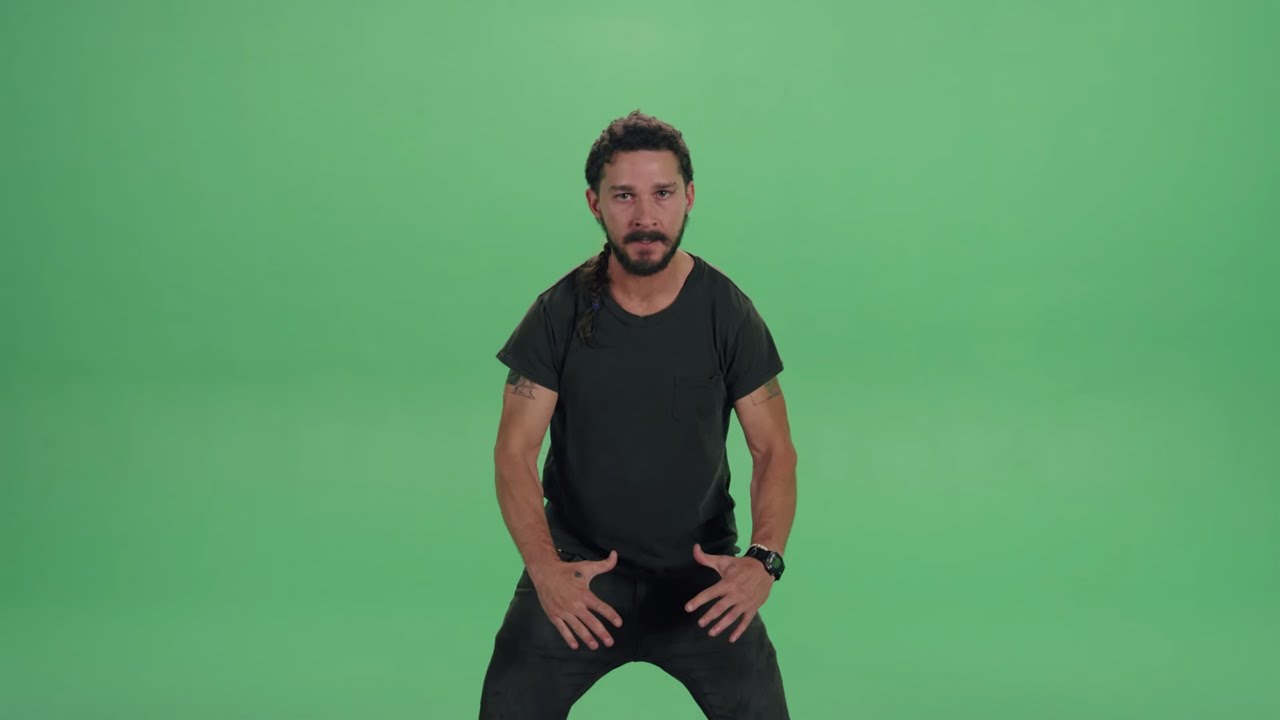Answer the question
In order to leave comments, you need to log in
How to develop in programming without being tied to the language?
Good afternoon! I have been working as a programmer in (tbScript, a little php, js) for about a year and the problem arose that there is no base, it is difficult to understand the structure of supported products, it is almost impossible to write new code at the same level and it becomes boring to walk the same paths. And I want to write beautiful and understandable code. So the question arose, how to properly develop the foundation? Using JS or C# as an example
Answer the question
In order to leave comments, you need to log in
Clean Code: A handbook of software craftsmanship
The Clean
Coder
:
Year: 2012
Author: Robert C. Martin
ISBN: 978-5-459-01044-2
Year published: 2017
Author: Heineman D., Pollis G., Selkov S.
ISBN: 978-5-9908910-7-4
Year of publication: 2015
Author: Erich Gamma, Richard Helm, Ralph Johnson, John
Vlissides
Publication year: 2017
Author: Kent Beck
ISBN: 978-5-496-02570-6
Year of publication: 2017
Author: Bhargava A
ISBN: 978-5-496-02541-6
Year of publication: 2016 Author:
Stevens
Rod
ISBN:
978-5-699-81729-0
Year: 2001 Author:
Heathfield
R., Kirby L.
The most important book was not named here: SICP (Structure and Interpretation of Computer Programs).
> SICP is not a book about programming languages or software development, not a book about OOP, functional programming or design patterns.
> SICP - a book about computer science (computer science). The perception of computers as abstract machines used to manipulate data. Despite the fact that the book was first published in 1979, it still has not lost its relevance and will not lose in the future. SICP has consistently been in the top of the best books on teaching programming for decades.
guides.hexlet.io/how-to-learn-sicp
A good programmer is not particularly attached to the language. IMHO, the main thing is a normal base of theoretical knowledge - algorithms, basic protocols, common patterns and, most importantly, experience. You need to figure out the code, then you will develop.
Or "how to become a good pilot without becoming attached to an airplane."
You can change languages like gloves, or you can focus on one particular language, but the most important thing is to solve different problems. The only question is the variety of tasks and the required quality of their solution. Then the language becomes an instrument, "one of".
Life experience suggests that if you know two or three different languages, at least at the level of pet projects, you no longer become attached. It is especially good if you learn C, any scripting language, embellish it with asm and haskell/lisp for general development. There already without a difference will on what to code. It is important to understand that the PL is just a tool for the implementation of a task.
Practice and independent project (at least try). The main rule: do not rush and rewrite the code many times until the enlightenment and the ideal structure of the entire project.
write code. No matter how trite it may sound, but a lot is learned with practice. It is also useful to read all sorts of smart articles with best practices, smart books, but writing code is more important.
Greetings!
No base exists. It is a myth. There is only a problem and a solution, and the program is just a tool for solving it. In each case, the tool is different, suitable only for this problem.
This is not your fault. Millions of programmers before you have typed some terrible mess of code, and you understand? You will not be able to do anything in such a situation, just add a little more code, for which the one who will figure it out after you will curse you. Humble yourself.
There are only two levels of code - understandable and incomprehensible. The computer doesn't care what code to work with, but the human doesn't. Write human-readable code.
This is the nature of our profession. Relax and have fun :)
HERE! That is the crux of the matter!
Consider that beautiful is understandable.
Somewhere they wrote that a person can keep in memory no more than 7 concepts at the same time.
Break the code into semantic (precisely semantic!) blocks containing no more than 7-10 actions. Cut ruthlessly if more. Give classes and methods long descriptive names. Use transliteration instead of "noble" English.
And if for this you will be recorded as a bydlokoder, carry this nickname with pride !!!
Certainly not to read all the waste paper that was advised here. If she had helped, a question like yours would not have come up with depressing regularity.
It is surprising that no one advises reading McConnell. His book is considered the best on non-language programming.
Expand your horizons, master rare or complex languages, study mathematics.
As a basis, you can take books on algorithms, and on thinking, you can take SICP - the structure and interpretation of computer programs.
I recommend reading these books:
Code Complete
Clean Code
Clean Coder
On algorithms and data structures:
Sedgewick algorithms
You can solve problems:
Cracking the coding interview
book leetcode.com
hackerrank.com
they also forgot to say that you don’t need to cook alone - you need to communicate with other programmers: teamwork, sending your code for code review and review of someone else’s code, pair programming.
You can look at the sources of other projects, again - participation in opensource
Study best practices in your language, try to look at other languages
Didn't find what you were looking for?
Ask your questionAsk a Question
731 491 924 answers to any question